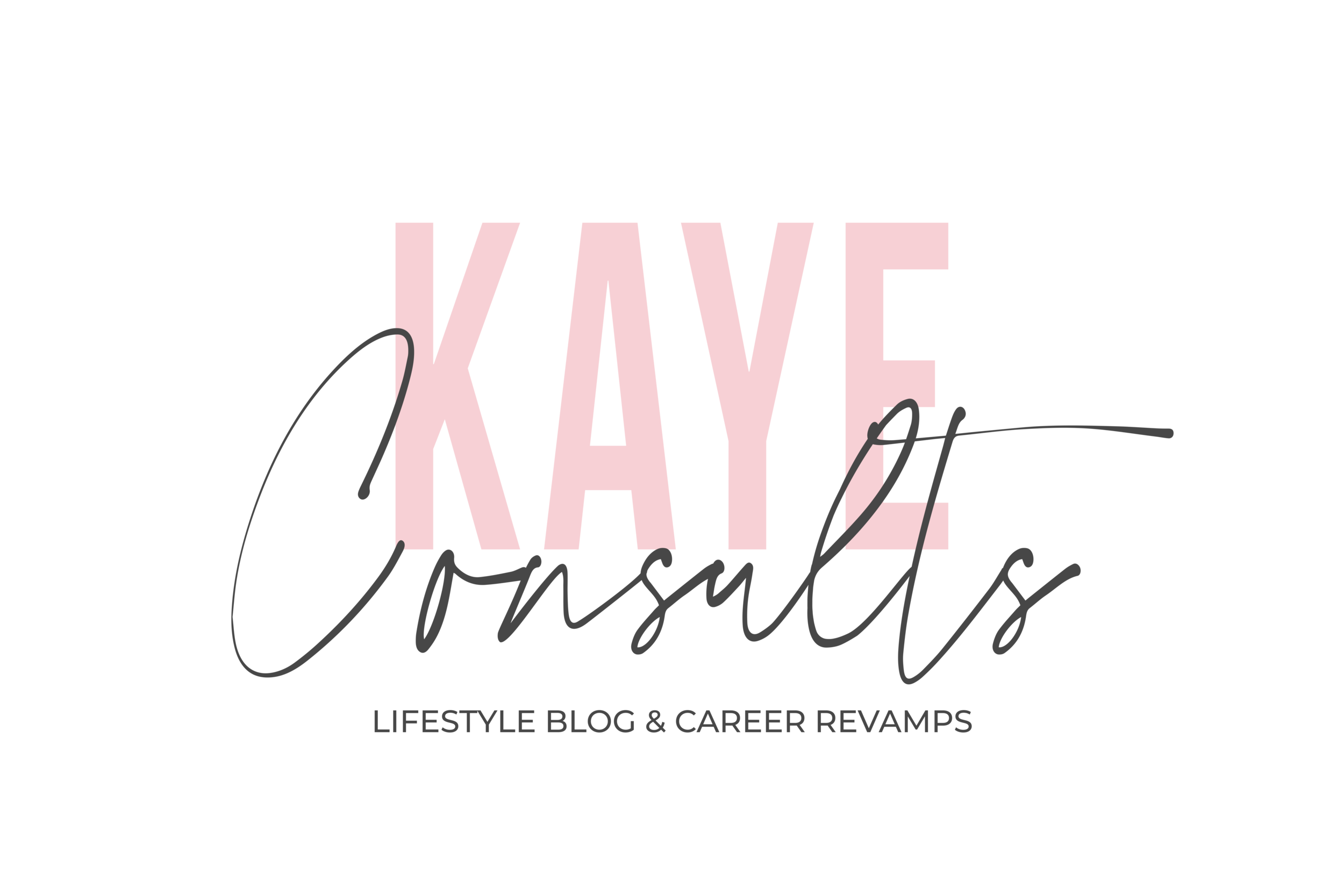How to Negotiate a Higher Salary
Whether we’re starting a new job or gunning for a promotion at our current one, we all know that we should be negotiating the salary.
Or do we?
A survey by Salary.com revealed that only 37% of people always negotiate their salaries—while an astonishing 18% never do. Even worse, 44% of respondents claim to have never brought up the subject of a raise during their performance reviews.
The biggest reason for not asking for more? Fear.
And we get it: Salary negotiation can be scary. But what’s even scarier is not doing it. Here are some tips when negotiating a higher salary!
1. Pick the Top of the Range
As you’re doing your research, you’ll likely come up with a range that represents your market value. It can be tempting to ask for something in the middle of the range, but instead you should ask for something toward the top.
First of all, you should assume you’re entitled to top pay, says She Negotiates founder Victoria Pynchon.
Second, your employer will almost certainly negotiate down, so you need wiggle room to still end up with a salary you’re pleased with.
2. Know the Exact Number
According to researchers at Columbia Business School, you should ask for a very specific number—say, $64,750 rather than $65,000.
Turns out, when employees use a more precise number in their initial negotiation request, they are more likely to get a final offer closer to what they were hoping for. This is because the employer will assume you’ve done more extensive research into your market value to reach that specific number.
3. Be Willing to Walk Away (if you are not Satisfied)
When considering your numbers, you should also come up with a “walk away point”—a final offer that’s so low that you have to turn it down. This could be based on financial need, market value, or simply what you need to feel good about the salary you’re bringing home.
Walking away from an offer will never be easy, but it’s important to know when to do it—and powerful to be able to say “no.”
4. Ask for More Than What You Want
You should always ask for more than you actually want. Psychology shows that your bargaining partner will feel like he or she is getting a better deal if he or she negotiates down from your original ask.
And don’t fear asking for too much! The worst that can happen if you give a high number is that the other party will counteroffer—but the worst that can happen if you don’t negotiate is that you’ll get nothing.
5. Don’t Use a Range
Mike Hoffman suggests that you should never use the word “between” when negotiating. In other words, never give a range: “I’m looking for between $60K and $65K.” That suggests you’re willing to concede, and the person you’re negotiating with will immediately jump to the smaller number.
6. Don’t Be Afraid to Counter
If you ask for a higher salary and the employer says no? Doesn’t mean the conversation’s over. Try this, says Thorman: “I understand where you’re coming from, and just want to reiterate my enthusiasm for the position and working with you and the team. I think my skills are perfectly suited for this position, and are worth $65,000.”
7. Be Kind But Firm and Don’t Stop Negotiating
Negotiating for a new job? Here’s a great script to try, courtesy of Rebecca Thorman at U.S. News & World Report: “I’m really excited to work here, and I know that I will bring a lot of value. I appreciate the offer at $58,000 but was really expecting to be in the $65,000 range based on my experience, drive, and performance. Can we look at a salary of $65,000 for this position?”
If this seems like a lot—well, unfortunately, it is. Negotiation is a complicated process with volumes of books on techniques, tactics, and scripts.
The good news? The more you do it, the easier it becomes. Even better, the more money you’ll bring home! So, get out there and start negotiating. You’ve now got the skills to do it right.
With Love,
Jasmine Kaye
Source: https://www.themuse.com/advice/how-to-negotiate-salary-37-tips-you-need-to-know

